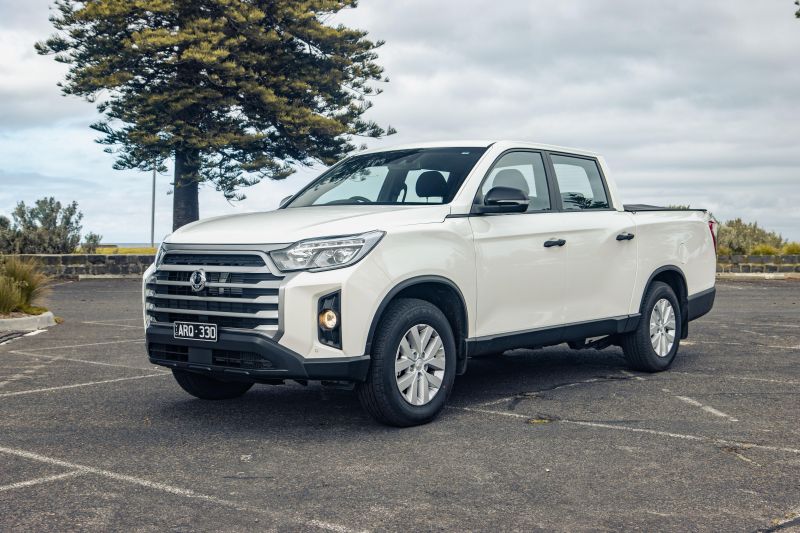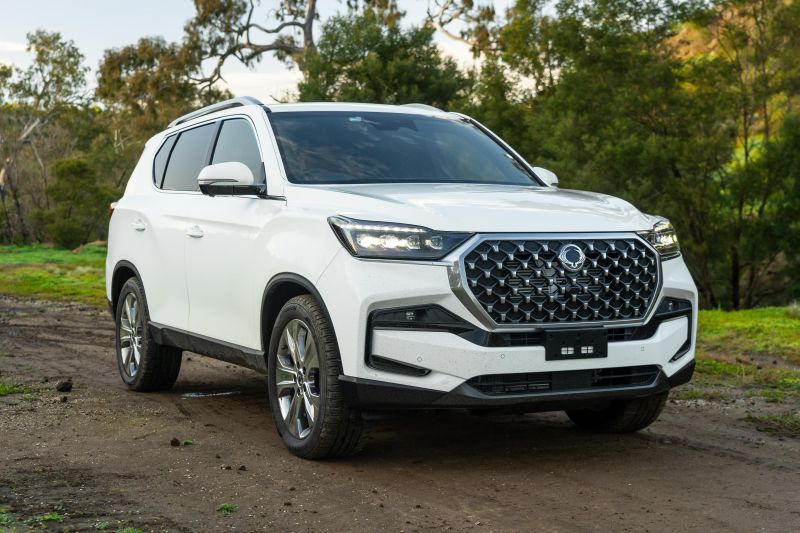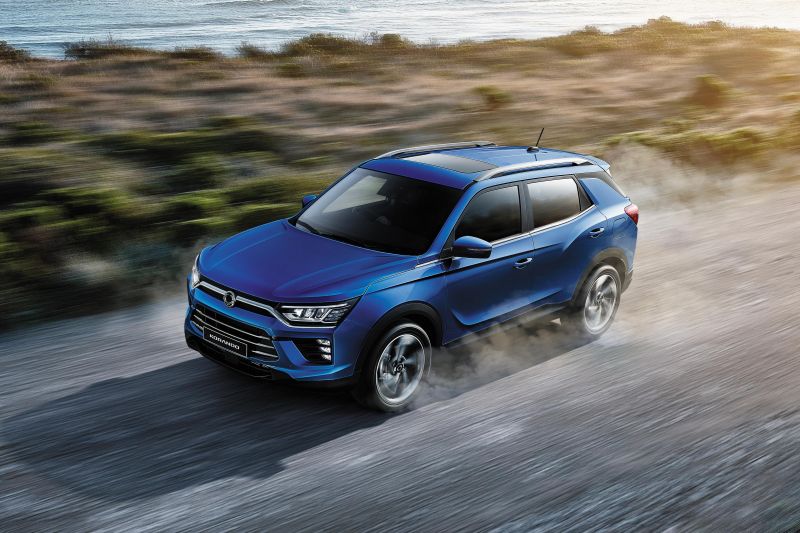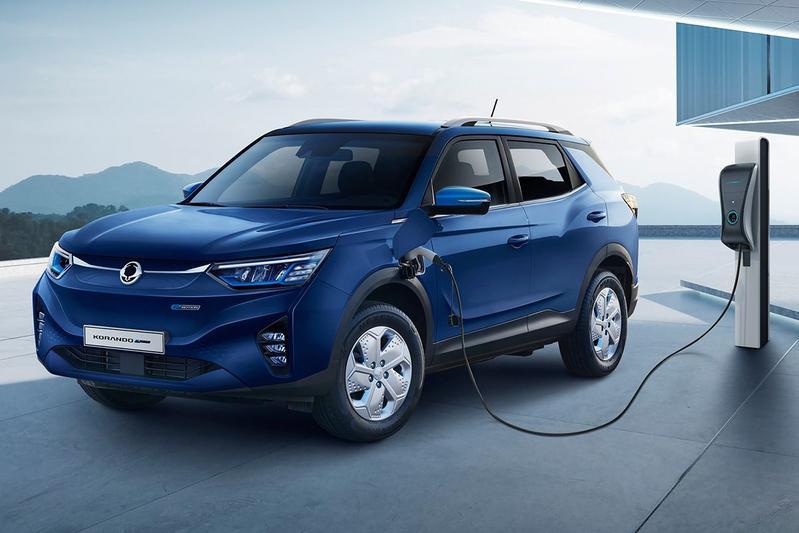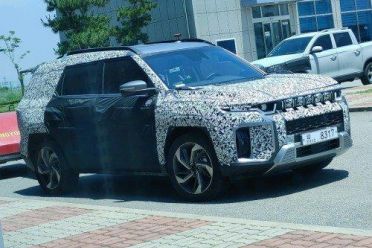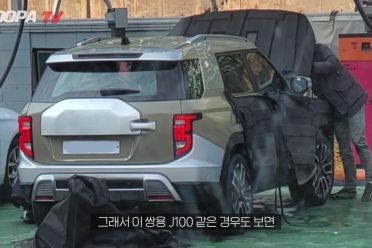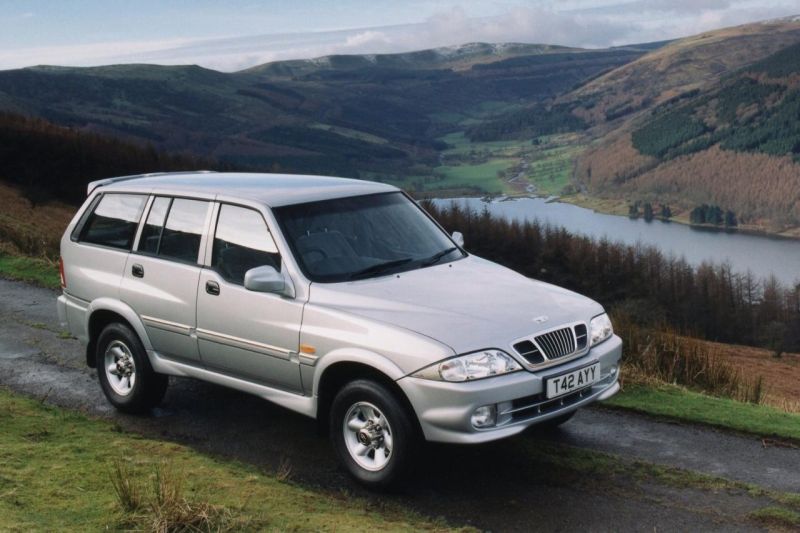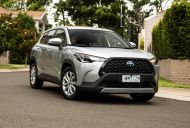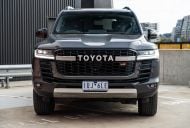SsangYong can’t catch a break.
The Korean automaker secured a buyer last year after being kicked to the kerb by its owner Mahindra, but now that deal has been scrapped.
Korean news outlet Yonhap reports SsangYong has cancelled the deal to sell a controlling stake in itself to a consortium led by Korean electric bus manufacturer Edison Motors.
The consortium had offered to buy the beleaguered automaker for 304.8 billion won (A$331 million) and had paid 10 per cent, but failed to meet a March 25 deadline for the remaining 90 per cent.
The deal had been skating on increasingly thin ice, as creditors raised objections to the proposed debt restructuring and payment scheme.
Subsequently, Korean outlet Pulse News reports SsangYong’s labour union submitted its opposition to the acquisition in the Seoul Bankruptcy Court last week.
It reportedly raised concerns Edison Motors didn’t have sufficient electrification technology for use in passenger vehicles and SUVs, despite Edison’s claims it could leverage its technology to shift production of petrol- and diesel-powered models to EVs within months.
The union also reportedly questioned Edison’s ability to raise funds. Edison brought medical device maker U&I into the acquisition consortium, but Keystone Private Equity pulled out.
Edison reportedly has yet to gain court approval for the change in the consortium structure.
SsangYong and Edison have also reportedly been in disagreement about key acquisition issues, such as management rights and the scope of technology sharing.
The Edison-led consortium was chosen by the bankruptcy court last October as the preferred bidder for SsangYong, after owner Mahindra & Mahindra put it on the market.
In January 2022, the court granted approval for the purchase.
Sources told The Investor that SsangYong is unlikely to give Edison more time to pay the remaining acquisition cost.
Edison may also be unable to get its down payment back.
The cancellation of the deal effectively takes SsangYong back to square one, as it will remain in court receivership and have to request the court seek another buyer.
It’s unclear if SsangYong would be able to find a more favourable deal.
After some prospective bidders dropped out, the court had three potential buyers to choose from: the Edison consortium, a Los Angeles-based start-up Indi EV, and another consortium led by Korean firm Electrical Life Business and Technology.
None of these companies currently produce electric vehicles, or SUVs or utes in general.
Edison had said it planned to set up a special purpose company to raise between 800 billion and 1 trillion won (A$930 million to $1.16 trillion) in investment for SsangYong, whether that be in the form of foreign investments, a rights issue, bond issuance, or loans.
It said it had “no problems in raising necessary funds” and was aiming to do this and turn the troubling automaker aside within three to five years, refocusing it as an electric vehicle manufacturer.
SsangYong has already commenced production of the Korando E-Motion, and has released sketches of two other all-electric SUVs in development: the KR10 and the J100.
The company entered court receivership in April last year, when Mahindra & Mahindra said it would no longer fund it and confirmed it wanted to sell its 74.65 per cent stake in it.
That meant SsangYong had to go into court receivership once again in its life, having gone through this process a decade earlier.
SsangYong’s home life has been troubled for years, and it never seems to have a stable parent for long.
Daewoo bought a controlling stake in the company in 1997, only to offload it in 2000 as it experienced perilous financial woes of its own.
It endured a tumultuous few years under Chinese ownership, with SAIC Motor acquiring 51 per cent in 2004 but walking away in 2009 and leaving it in receivership.
Mahindra was the next parent to adopt SsangYong, acquiring a controlling stake of 70 per cent for 523 billion won in 2011.

